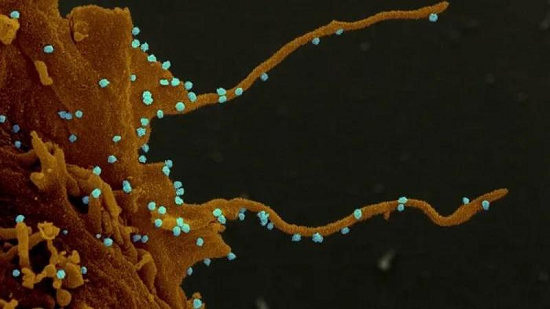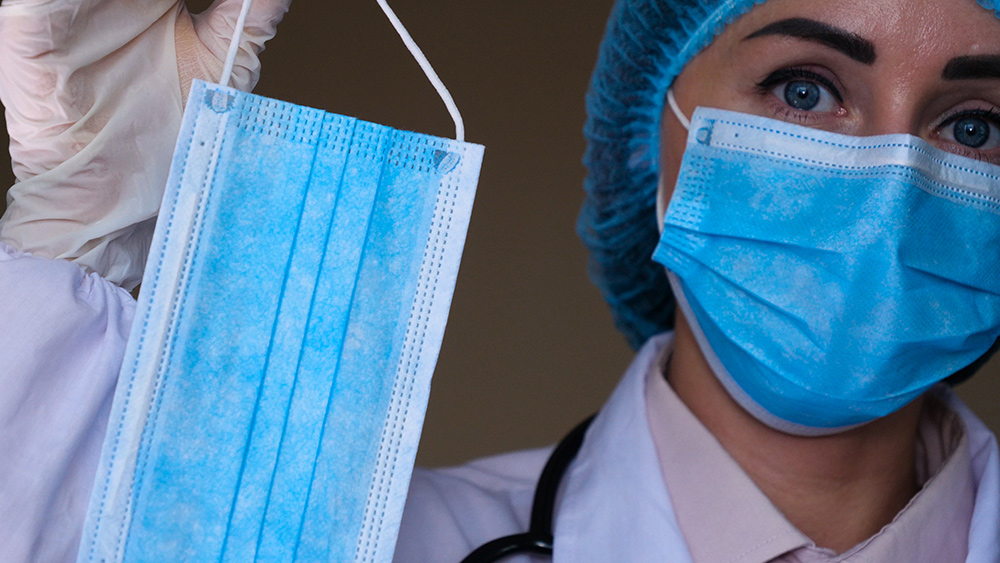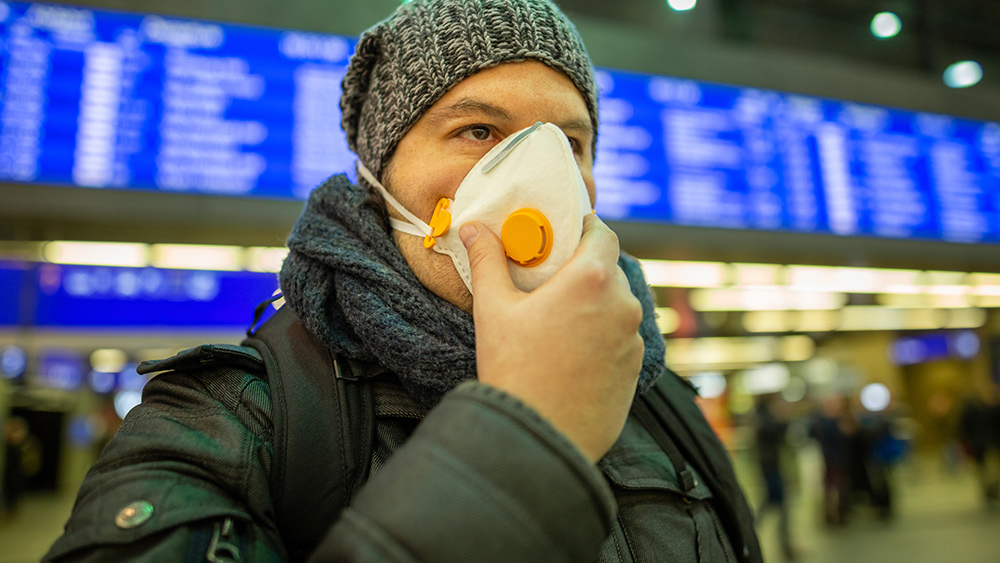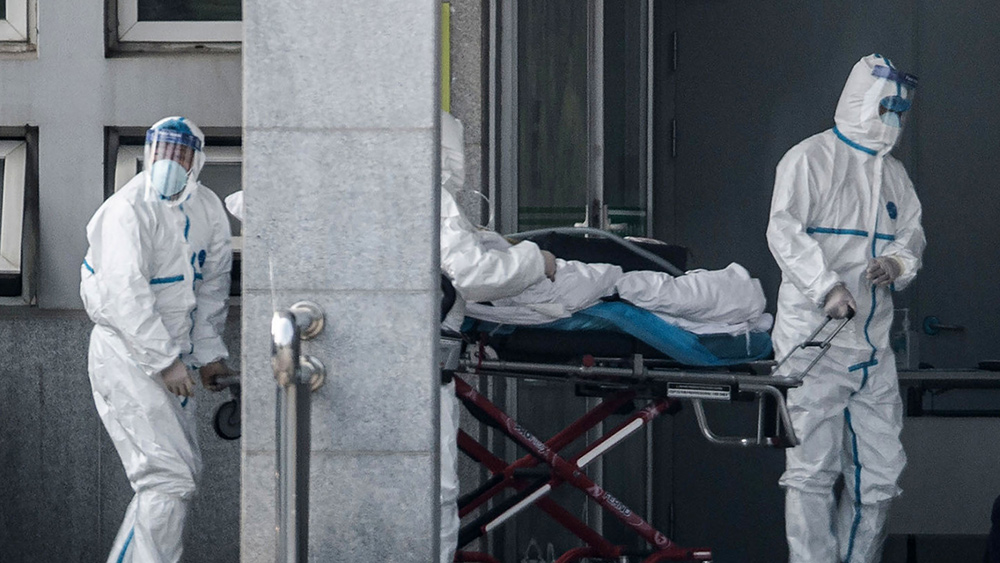Researchers unveil new device that filters, zaps coronavirus
10/05/2020 / By Michael Alexander

Researchers from the University of Houston (UH) have unveiled a new air filter that could help fight the coronavirus pandemic.
As detailed in an article published in the journal Materials Today Physics, the “catch and kill” device successfully killed 99.8 percent of aerosolized SARS-CoV-2 — the Wuhan coronavirus responsible for COVID-19 — in a single pass through its filter.
The device, which was designed by Zhifeng Ren, the director of the Texas Center for Superconductivity at UH and Monzer Hourani, CEO of the Houston-based medical real estate development firm Medistar, also killed 99.9 percent of Bacillus anthracis, the bacterium that causes the deadly anthrax disease.
A filter that can kill the coronavirus by heating it up
According to the researchers involved in its creation, the device can be used in airplanes, offices, schools and cruise ships to help stop the spread of the coronavirus that is still ravaging many countries around the world. (Related: Scientists: Face masks reduce risk of coronavirus infections by 65 percent.)
“Its ability to help control the spread of the virus could be very useful for society,” Ren said.
As mentioned in the study, the researchers designed the device based on several findings regarding the virus, specifically, that it can remain in the air for about three hours but cannot survive temperatures above 70 C, or about 158 F.
Taking these factors into consideration, the researchers designed a device that could not only filter the virus quickly from the air, but also blast it with heat.
To achieve this, Ren suggested using commercially available nickel foam, noting that aside from being porous — which means it allows the flow of air while filtering potentially harmful particles — the material is also an electrical conductor. This means its temperature can be raised without the need for an additional heat source.
The researchers also noted that the device’s prototype, which was built by a local workshop and tested at the UH and the University of Texas Medical Branch at Galveston laboratories, satisfies the requirements for conventional heating, ventilation and air conditioning (HVAC) systems.
According to Faisal Cheema, one of the study authors, this newly developed technology offers the first-in-line prevention against airborne SARS-CoV-2 transmission. Cheema also believes it will be on the forefront of technologies available to combat the current pandemic and any future airborne biothreats in indoor environments.
Medistar’s Garrett Peel, who helped design the device, agrees, noting that the filter — which he describes as a high-performance COVID-19 killer — could be deployed to “high-priority venues” where essential workers are at high risk of exposure.
“This is safe and effective. We want to roll this out in Texas first and start deploying them in schools, nursing homes. This unit could be deployed in 60 days,” Peel said, adding that the government must create public and private partnerships in order to roll out the product into schools.
“It provides an extra sense of security, knowing that our children and elderly are protected,” Peel added.
Plans are now underway to develop a desktop-sized version of the device that can purify the air in an office worker’s immediate surroundings.
As per the researchers, the filter could be in production as soon as August.
As of press time, the Wuhan coronavirus has infected 13,127,006 individuals and killed 573,664 worldwide.
Sources include:
Tagged Under: aerosolized, air filter, airborne transmission, breakthrough, clean air, coronavirus, covid-19, future science, future tech, goodtech, infections, innovations, inventions, nickel foam, pandemic, Public Health, research, SARS-CoV-2, science and technology




















